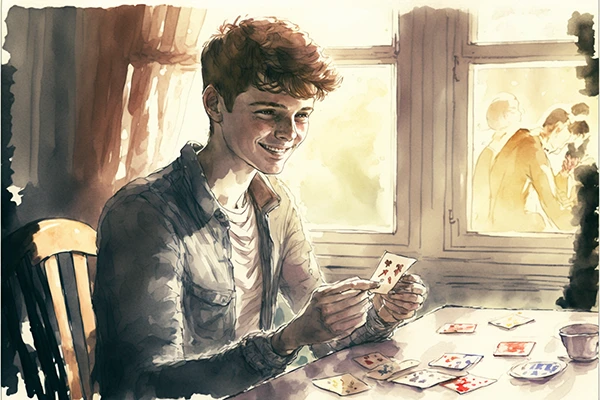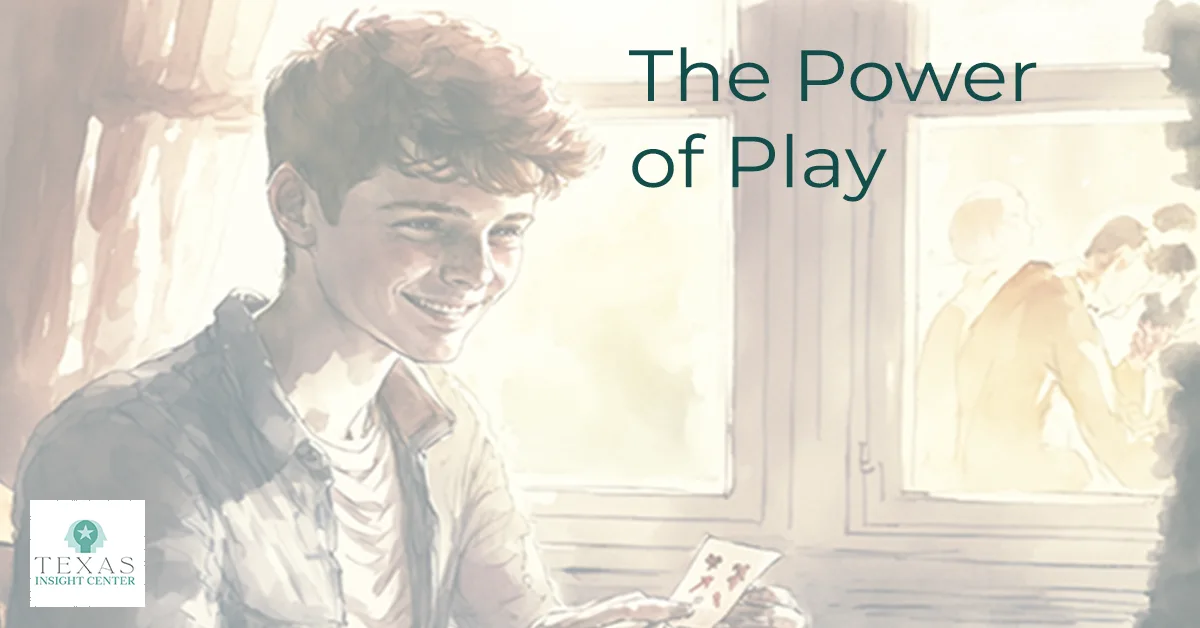
What in the world is Play Therapy?
When asked what I do for a living, I generally tell people I am a clinical social worker or a psychotherapist. Occasionally, I may relinquish the more detailed version of my job as a children’s play therapist. This response is often followed by the question, “What is play therapy?”
For those unaware of play therapy, it is a process where a therapist makes toys available to a child so they can explore and express their world. Unlike adults who attend “talk” therapy, children express their emotions through play. It is a unique way to work with children and helps them resolve difficulties in a safe, nurturing manner.
Many adults seem to forget the importance and power of play, not just for children but for themselves. Not surprisingly, studies support the use of play therapy with adults. In fact, it has been found to be helpful for adults with childhood trauma, depression, and anxiety. It has been used successfully with veterans to relieve nightmares and even aging adults with advanced-stage dementia.
You use play therapy with adults too?
I will frequently introduce a game, art, or play in the sand tray with adult clients. Some clients balk at the idea of playing a game; others are willing to try and find it much more therapeutic than they realized. Thankfully, any play is therapeutic, whether a card game, board game, coloring a mandala, or painting abstract shapes in watercolor. I believe that when we play for the joy of playing, we don’t set personal expectations on ideas like meditation and mindfulness.
Play is important in our world and good modeling for our children. If you can take just one moment to sit with your younger self and play, you will do wonders for your spirit and mental health. The power of play is available to everyone.
If you would like to learn more about play therapy, please visit the Association for Play Therapy or give us a call and we can provide more details.

